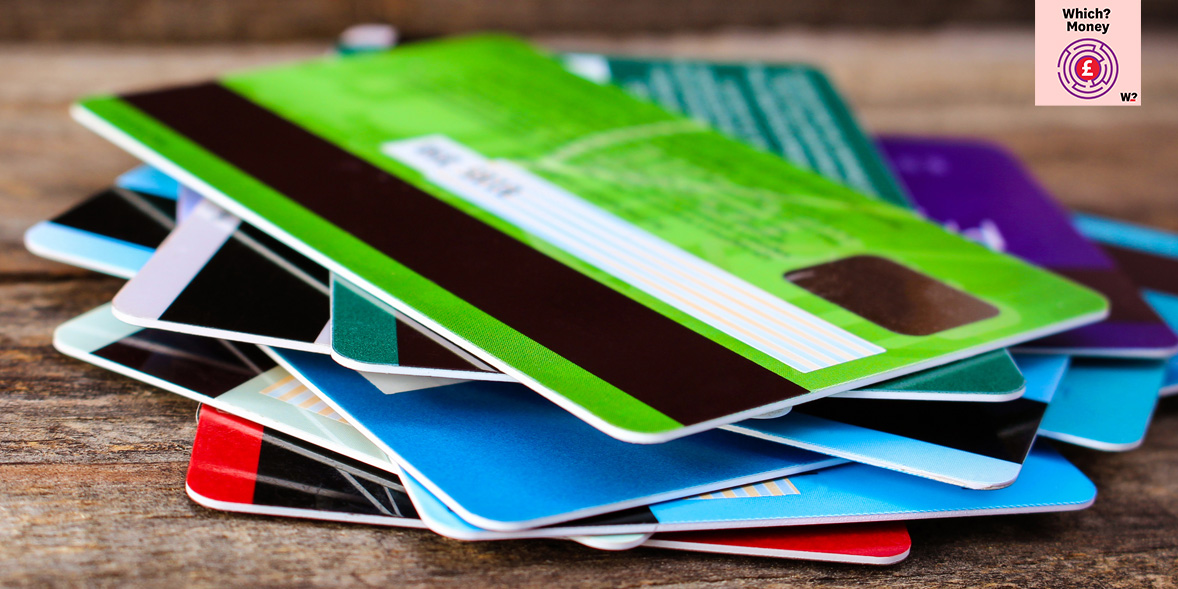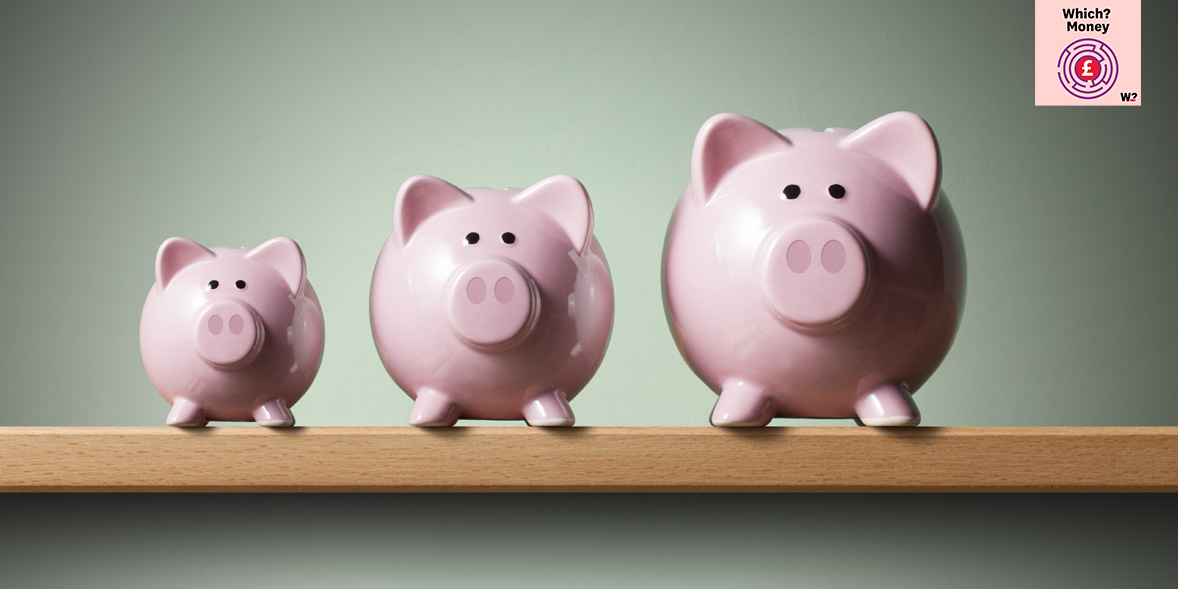
By clicking a retailer link you consent to third party cookies that track your onward journey. If you make a purchase, Which? will receive an affiliate commission which supports our mission to be the UK's consumer champion.
How is credit card interest calculated?

When do I pay credit card interest?
If you withdraw cash from a cash machine with your credit card, or pay off anything less than the full amount on your statement, you'll normally be charged interest by the card company.
Most credit cards offer an interest-free period on what you've bought if you pay off your bill in full.
But if you don't repay in full, interest on your shopping is usually backdated to the date of purchase.
What different interest rates are charged?
Different interest rates are charged, depending on the type of transaction.
Unless you pay off the balance in full each month, you will usually be charged interest on the value of purchases made with the card. This is known as the 'purchase rate'. Some cards come with 0% deals on purchases, where you don't have to pay any interest on spending for a set period, but if you don't have a promotional deal it's worth checking the cost.
Withdrawing cash on your credit card will usually incur a higher rate of interest (the 'cash advance' rate). This is usually charged immediately, even if you repay your balance in full.
If you transfer a balance from another card, this will incur a different rate of interest again. Many providers offer 0% deals, where you don't have to pay any interest on balance transfers for a set period, but if it's not a special 0% card it's worth checking the cost.
- Find out more: best 0% balance transfer credit cards
Which debts are paid off first?
When you make a payment towards your credit card bill, your provider will allocate this to the most expensive debt first.
For example, if you've got a 0% balance transfer deal in place but are being charged 18.9% on purchases, the purchases will be paid off first.
This means that if you don't tend to pay off your full balance each month, your most expensive debt will be paid off faster, cutting the amount of interest you pay in total.
What is APR?
APR stands for 'annual percentage rate', and is designed to show an annual cost of credit including interest and other charges.
It is calculated using an assumed level of borrowing of £1,200.
The 'representative example' APR that you see in credit card adverts reflects the interest charged on purchases (as opposed to cash advances or balance transfers).
Watch this video to find out more.
What is 'risk-based pricing'?
Even if you're accepted for a credit card, you won't necessarily get the advertised interest rate. While some providers offer a single APR, others have tiered rates. If you have a poor credit history, it's unlikely you'll get the lowest rate.
Consumer credit regulations state that the advertised representative APR must be offered to at least 51% of applications expected to result from the ad, meaning the rate you end up with could be higher than anticipated.
- Find out more: improve your credit rating
Will my interest rate be increased?
If your credit card company decides to increase your interest rate, it must contact you at least 30 days beforehand to give you time to decide what to do.
You should be given 60 days to reject the hike, cancel the card and pay back what you owe at the old rate.
Which providers offer the lowest interest?
Credit cards typically charge 24% APR, but some deals charge as little as 10.9%, offering a cheap way to borrow long term as there is no need to switch once an introductory deal has expired.
You can check our guide on the best low-interest credit cards to find out the best deals on the market right now.
A low-interest credit card is a deal that comes with a relatively low rate on purchases and/or balance transfers for as long as you have the card.
Once you've found a low-interest deal, it's best to check out the providers to see how they stack up for customer satisfaction - check out our analysis of the best credit card providers.



















